
Lola Berthet is an Argentine actress.

María Cristina Lancelotti, better known by her stage name Valeria Lynch, is an Argentine singer and actress.
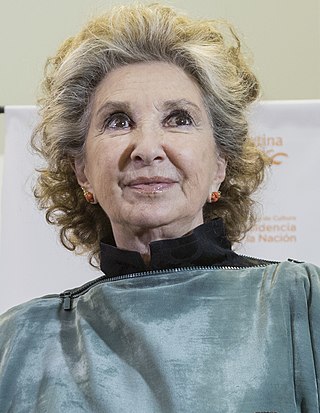
Norma Aleandro is an Argentine actress. She is considered one of the most celebrated and prolific Argentine actresses of all time and is recognized as a cultural icon in her home country.

Daniel Burman is an Argentine film director, screenplay writer, and producer.
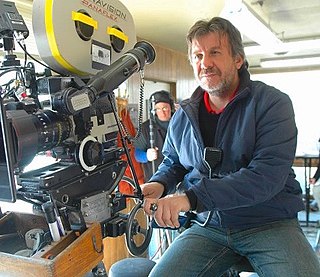
Alejandro Agresti is an Argentine film director, writer and producer. A prominent filmmaker in his country, he also directed The Lake House with Hollywood actors Sandra Bullock and Keanu Reeves in 2006.
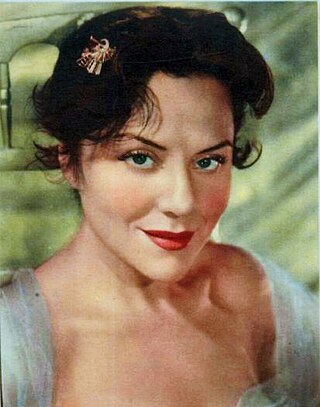
Amelia Bence was an Argentine film actress and one of the divas of the Golden Age of Argentine Cinema (1940–1960).

Mecha Ortiz was a classic Argentine actress who appeared in films between 1937 and 1981, during the Golden Age of Argentine Cinema. At the 1944 Argentine Film Critics Association Awards, Ortiz won the Silver Condor Award for Best Actress for her performance in Safo, historia de una pasión (1943), and won it again in 1946 for her performance in El canto del cisne (1945). She was known as the Argentine Greta Garbo and for playing mysterious characters, who suffered by past misfortunes in love, mental disorders, or forbidden love. Safo, historia de una pasión was the first erotic Argentine film, though there was no nudity. She also played in the first film in which a woman struck a man and the first film with a lesbian romance. In 1981, she was awarded the Grand Prize for actresses from the National Endowment for the Arts.
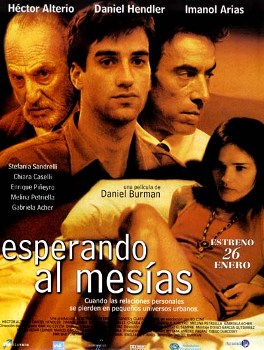
Waiting for the Messiah is a 2000 Argentine, Spanish, and Italian comedy drama film directed by Daniel Burman. The film features Daniel Hendler, Enrique Piñeyro, Héctor Alterio, Melina Petriella, Stefania Sandrelli, Imanol Arias and Dolores Fonzi, among others.
Sandra Gugliotta is an Argentine film director, screenplay writer, and producer.
Valentina Bassi is an Argentine film and television actress.

China Zorrilla was an Uruguayan theater, film, and television actress, also director, producer and writer. An immensely popular star in the Rioplatense area, she is often regarded as a "Grand Dame" of the South American theater stage.
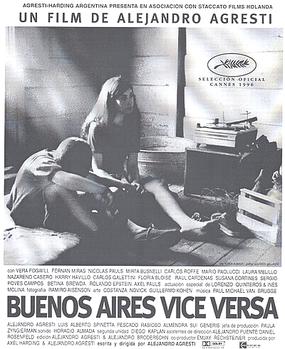
Buenos Aires Vice Versa is a 1996 Argentine and Dutch dramatic film, written and directed by Alejandro Agresti. The film was produced by Alejandro Agresti and Axel Harding, and co-produced by Emjay Rechsteiner.

Fernán Gonzalo Mirás is an Argentine film and television actor and film director. He is sometimes credited as Fernando Mirás.
Luis Luque, born Luis Antonio Pedro Barattero, is an Argentine film and television actor. He has made over 40 appearances in film and television in Argentina since 1982, when he appeared in Aprender a vivir.
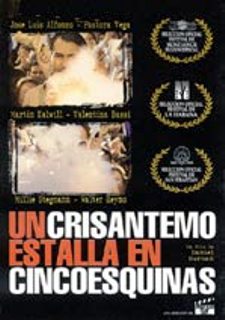
Un crisantemo estalla en cinco esquinas is a 1998 Argentine, Brazilian, French, and Spanish comedy-drama film written and directed by Daniel Burman, in feature film debut. It was produced by Diego Dubcovsky. It stars José Luis Alfonzo, Pastora Vega and Martin Kalwill, among others.

Black Box is a 2002 Argentine film, written and directed by Luis Ortega. The film stars Dolores Fonzi, Eugenia Bassi, and others.
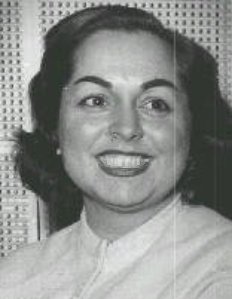
Nélida Dodó López Valverde known professionally as Nelly Beltrán was an Argentine actress. She appeared on the radio from the age of 10 and in 85 theatrical performances, 48 films and 3 dozen television shows between 1953 and 1996. She won a Martín Fierro Award as Best Comic Actress for her television work on La hermana San Sulpicio; participated in the film Pajarito Gómez which won the Best Youth Film award at the 15th Berlin International Film Festival; won a Konex Foundation Award; and was honored by the Argentina Actors Association in 2004 for her career contributions.

Mónica Villa is an Argentine actress of stage, screen, and TV, as well as a researcher and educator. She earned a Best Actress award for her role as "Susana" in cult classic "Esperando la Carroza at the 1985 Festival de Cine Iberoamericano, in Huelva, Spain. She won an ACE Golden award for best leading actress in the 2002 comedy "Ojos traidores", a 2004 Premios Trinidad Guevara for best Actress of a Repertoire Company, a Premios Carlos de Oro for her 2011 performance as best lead actress in the theater production "Jardín De Otoño", and in 2015 a Premios Estrella de Mar for Best Female Performance in a Repertoire Company for "La Nona". In addition, she has been nominated for a Best Actress in a TV Special for the 2003 Premios Martín Fierro, making her acting work recognized in all three major media.
Sebastián Borensztein is an Argentine screenwriter and film director, best known for the films Chinese Take-Away (2011), Heroic Losers (2019) and the horror television miniseries El garante (1997).
Celina Murga is an Argentinian filmmaker, screenwriter, and producer. Celina's prevalence within the cinematic industry benefited heavily from her second directorial project Ana and the Others (2003), the film was so well received, it even compelled a certain iconic filmmaker into action. After a screening of Murga's film, American film director Martin Scorsese extended an offer to Murga for her to join him on the set of his current motion picture at the time Shutter Island (2010). However, the invitation for a burgeoning filmmaker to become an assistant within his production is not unprecedented, screenwriter Amy Holden Jones was the first to gain this type of access in 1976, on the set of Martin Scorsese's Taxi Driver.















